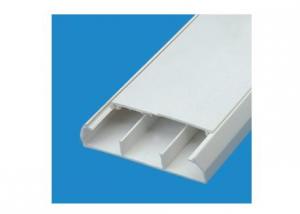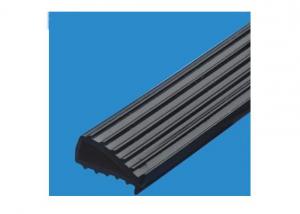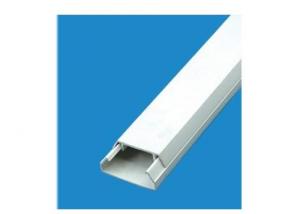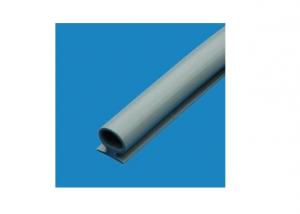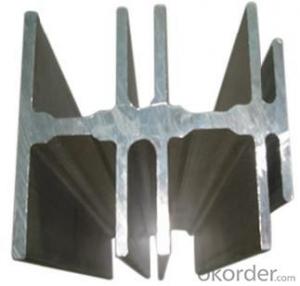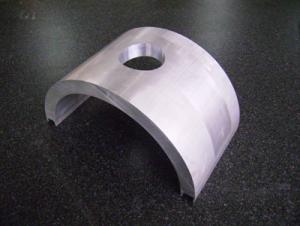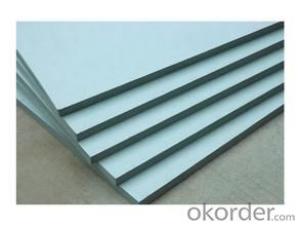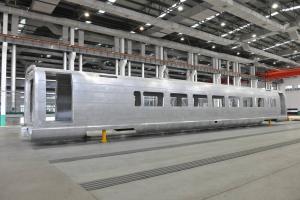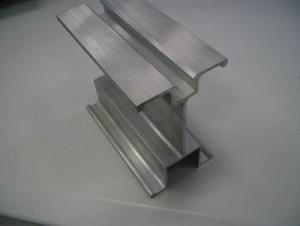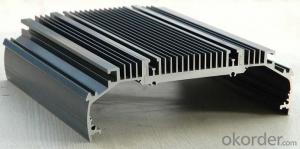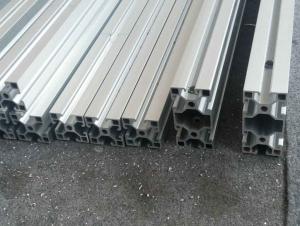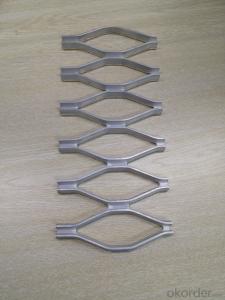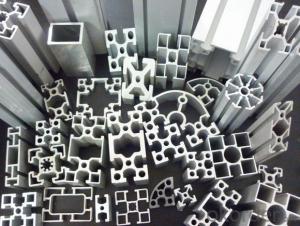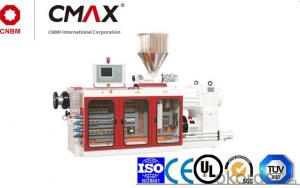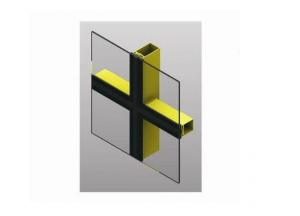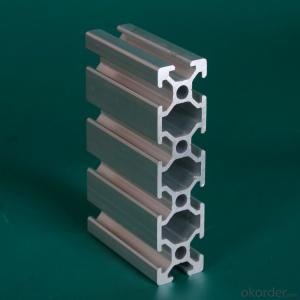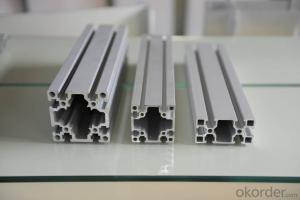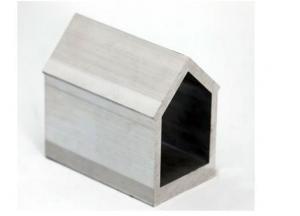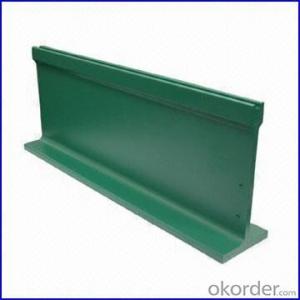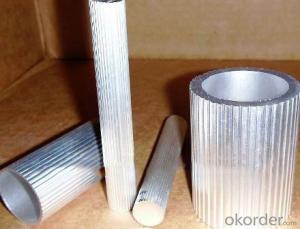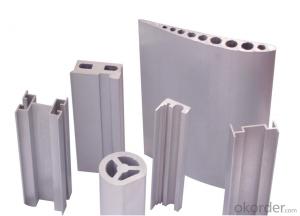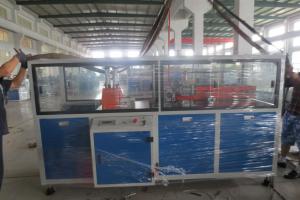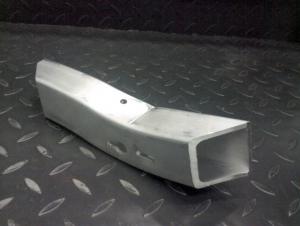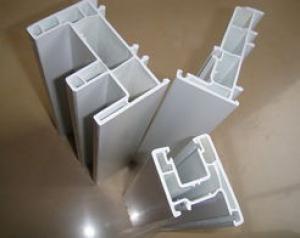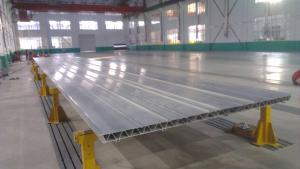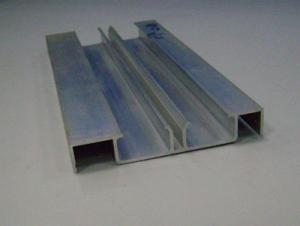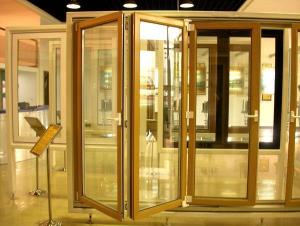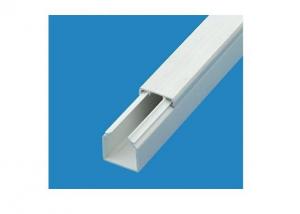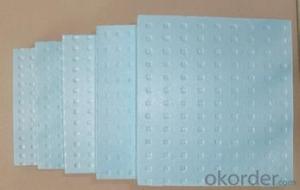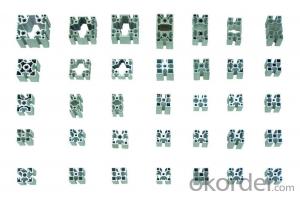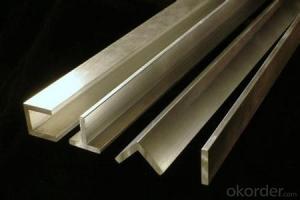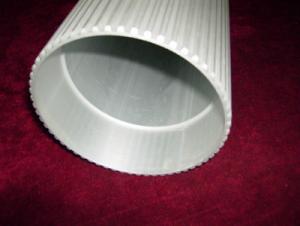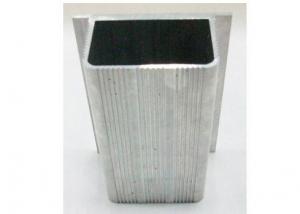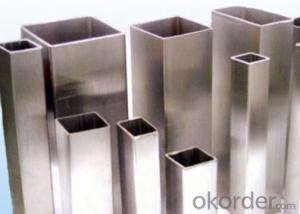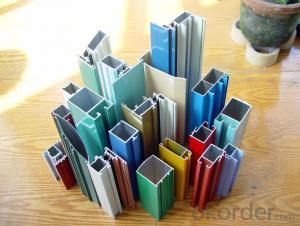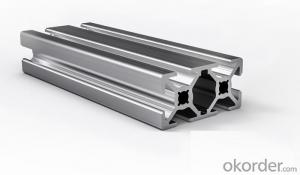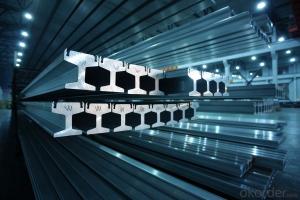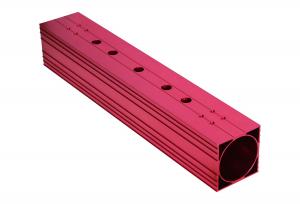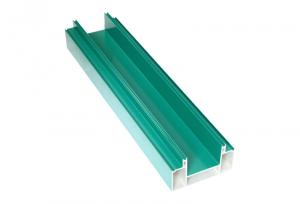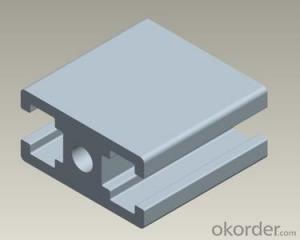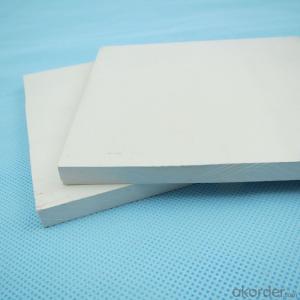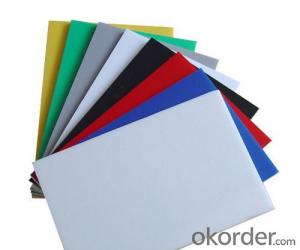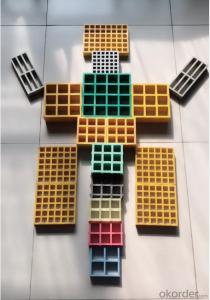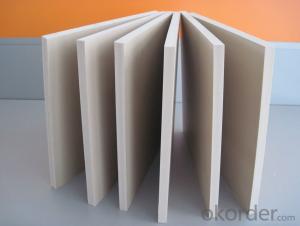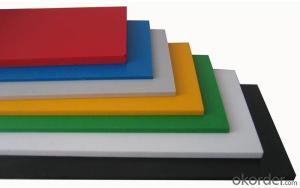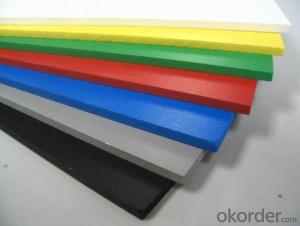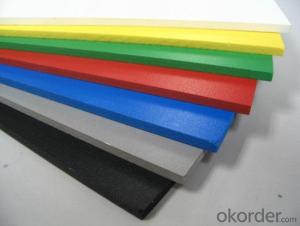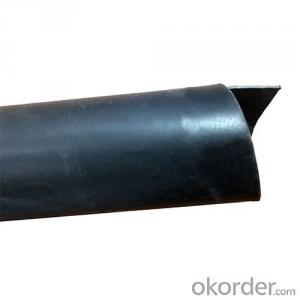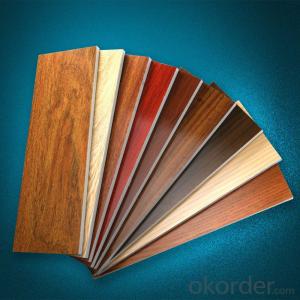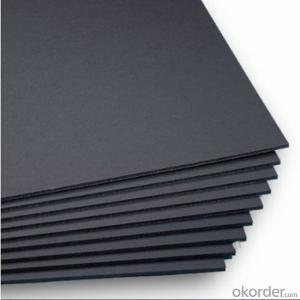Extruded Plastic Profiles
Extruded Plastic Profiles Related Searches
Plastic Extrusion Profiles Profile Extrusion Expanded Plastic Mesh Extruded Aluminum Plate Multi Plastics Extrusion Plastic Shapes Plastic Profiles Bamber Bridge Extruded Rubber Seals Large Plastic Panels Extruded Polystyrene Xps Extruded Polystyrene Foam Extruded Aluminum Beams Extruded Polystyrene Foam Board Extruded Aluminum Track Aluminum Extrusions Structural Plastic Sheets Curved Plastic Tubing Aluminum Extrusion Shapes Clear Plastic Panels Extruded Polystyrene Thermal Conductivity Outdoor Plastic Tiles Protective Plastic Sheeting Aluminum Extrusion Plate Aluminum Extruded Tubing Standard Wood Trim Profiles Aluminum Extrusion Framing U Shaped Plastic Molding High Temperature Plastic Large Rolls Of Plastic Sheeting Curved Polycarbonate PanelsExtruded Plastic Profiles Supplier & Manufacturer from China
Extruded Plastic Profiles are versatile products made from various types of plastic materials, such as PVC, polyethylene, and polypropylene. These profiles are formed through an extrusion process, which involves heating the plastic material and forcing it through a die to create a continuous, uniform shape. Extruded Plastic Profiles are known for their durability, resistance to corrosion, and ability to withstand harsh weather conditions, making them ideal for a wide range of applications.These profiles are commonly used in construction, automotive, and packaging industries, among others. They can be found in applications such as window and door frames, pipe casings, and protective barriers. The versatility of Extruded Plastic Profiles allows them to be easily customized to fit specific needs, whether it's for structural support, insulation, or aesthetic purposes. Their lightweight nature and ease of installation also contribute to their popularity in various industries.
Okorder.com is a leading wholesale supplier of Extruded Plastic Profiles, offering a vast inventory of high-quality products to cater to the diverse needs of customers worldwide. With a commitment to providing excellent service and competitive pricing, Okorder.com ensures that businesses have access to the materials they require for their projects. By partnering with Okorder.com, customers can benefit from a reliable source of Extruded Plastic Profiles, ensuring that their projects are completed on time and within budget.
Hot Products
